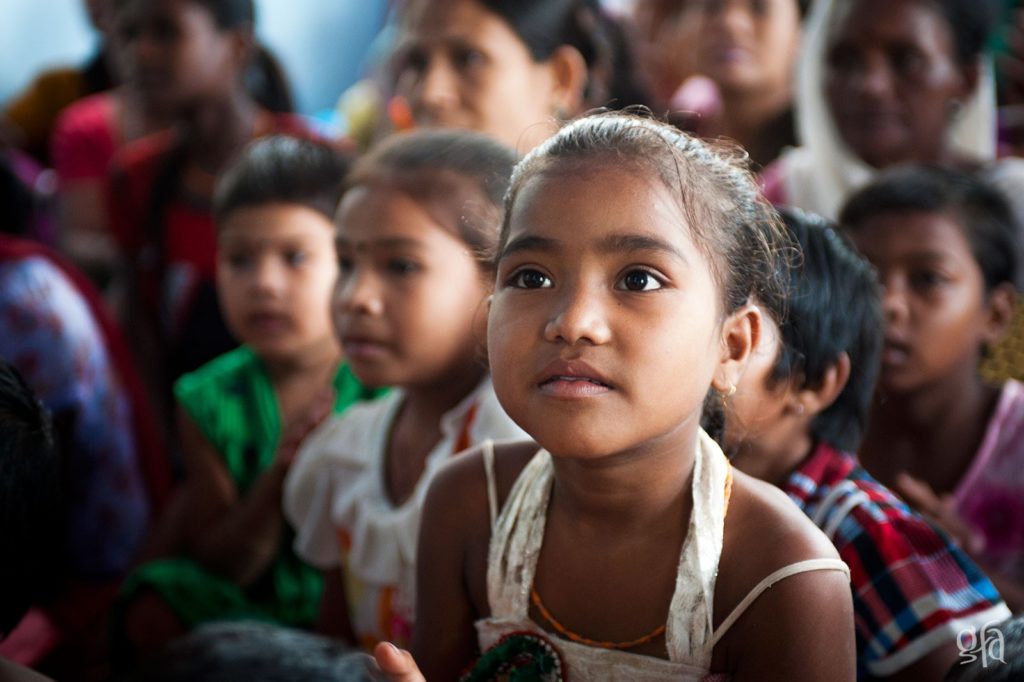.wp-block-kadence-advancedheading.kt-adv-heading_ecbbdf-95, .wp-block-kadence-advancedheading.kt-adv-heading_ecbbdf-95[data-kb-block="kb-adv-heading_ecbbdf-95"]{font-style:normal;text-transform:capitalize;}.wp-block-kadence-advancedheading.kt-adv-heading_ecbbdf-95 mark, .wp-block-kadence-advancedheading.kt-adv-heading_ecbbdf-95[data-kb-block="kb-adv-heading_ecbbdf-95"] mark{font-style:normal;color:#f76a0c;padding-top:0px;padding-right:0px;padding-bottom:0px;padding-left:0px;}
A big step for Malta in 2019!
Once again, aditus foundation worked closely with the European Network on Statelessness (ENS) to research and compile comparative information on statelessness in Malta in the 2019 Statelessness Index.
One great outcome of our advocacy work is the accession by Malta to the 1954 Convention relating to the Status of Stateless Persons on 11 December. The 1954 Convention, which now has 94 parties, establishes a framework for the international protection of stateless people and is the most comprehensive codification of their rights. To be stateless is not to be recognised as a citizen by any state under the operation of its law. As a consequence, a stateless person cannot enjoy her fundamental civil, political, economic, cultural and social rights.
As we highlighted before, this is a welcome development in Malta’s approach to protecting people affected by statelessness and comes following the Government’s pledge at the UNHCR High Level Segment on Statelessness in October, as well as our joint advocacy efforts with UNHCR Malta.
Continue Reading


